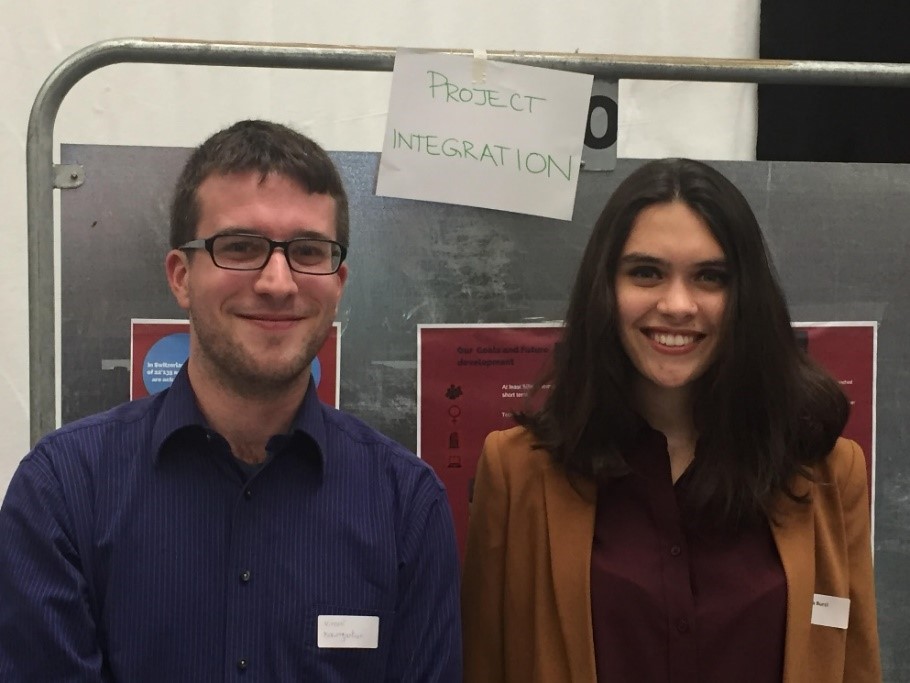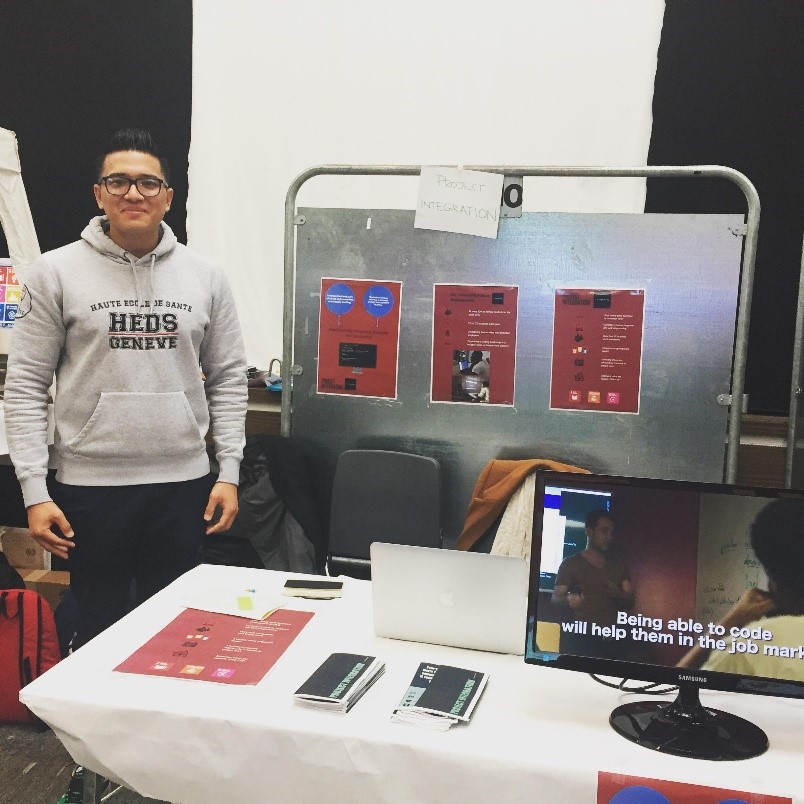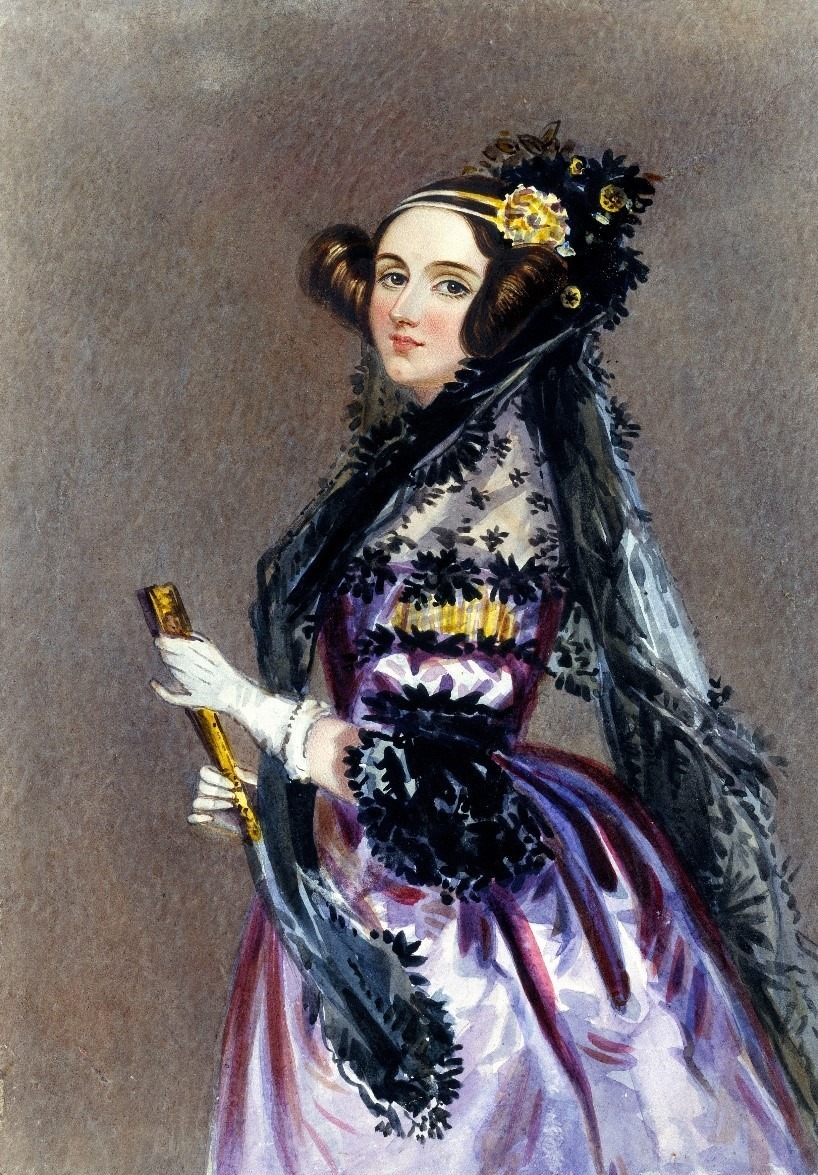 They say “A coincidence can be better than a thousand appointments.” That couldn’t have been more true than when I was introduced to Priya Burci. A casual conversation turned into an inspirational discussion about innovation in the humanitarian sector.
They say “A coincidence can be better than a thousand appointments.” That couldn’t have been more true than when I was introduced to Priya Burci. A casual conversation turned into an inspirational discussion about innovation in the humanitarian sector.
Humanitarian Innovation
Depending on the sector, innovation can be defined as simply taking either an existing or a new idea, and transforming it into a good or service. Innovation in the humanitarian sector is all about trying to come up with less traditional ways of thinking in order to alleviate suffering and maintain human dignity during and after man-made crises and natural disasters. In other words, humanitarian innovation is “a means of adaptation and improvement through finding and scaling solutions to problems, in the form of products, processes or wider business models.”
As one can imagine, Geneva is a haven for young, innovative and context-adaptable projects initiated and implemented by young professionals interested in humanitarian innovation. Priya Burci and project partner Vincent Baumgartner just happen to have created one of them.
Project Integration
The main premise of Project Integration is to teach refugees and asylum seekers in the Geneva area how to code. This way, as Priya puts it, we “equip them with a highly desirable and transferable skill that will not only help them in the job market, but also allow them to bring their unique perspectives to the world of technology.”
This project came to light when these two young professionals met in October 2016 and decided to join forces. “A month later, we had set up the first class. The project was formalised through the creation of an association in February 2017, with Alex Bredy, Benjamin Bouvier and Mo Amin Suliman as well as our communications and design person Amal El Alami.”
Coding, Job Market and Gender
It is no secret that, in light of the continuous refugee dilemma, there is an urgent need for community involvement and support for facilitating integration processes in the host communities, but also innovative ideas and activities.
After assessing what could be not only beneficial but also profitable in the long term both for refugees and Switzerland in this context, the founders of this project thought: “why not coding?”
Priya describes their reasons as “addressing two important deficits in Switzerland: the first is the fact that there is a growing shortage of IT workers in Switzerland that is expected to reach 24,000 by 2024. The second is that, of the refugees who can work in Switzerland (22,135), only 2.7% of them do. We hope to offer innovative solutions to both of these issues, and professionally integrate our students into the IT labour market.” Although most of the current students are males, Project Integration also addresses the gender gap in the tech sector. The project aims to include more female students and teachers in the project.
“Women represent only 15% of IT specialists,” Vincent informs us. “Since the tech sector is one of the most dynamic and fast-growing sectors of the economy, being excluded is very damaging for gender equality. Our medium-term goal is to have at least 50% of women among our students.”
Partnership is innovation
“One hand cannot clap alone” according to an old Arabic proverb. This is why Vincent and Priya co-founded this project together.
In addition, the fact that Geneva is a hub for many UN agencies and international organisations makes a huge difference when finding support for projects like this. Several actors were vital in making Project Integration happen, from individuals to international and national organisations. “he Impact Hub and Geneva Red Cross are providing us with the space for our classes, and we received refurbished laptops from the Reuse Initiative started by the Global Shapers in Geneva,” Priya adds with gratitude. “Since we cannot give the Global Shaper’s laptops to the students, due to corporate privacy reasons, we started a laptop drive, asking people to donate their old laptops.”
Project Integration also participated in the G3iD conference, which gave the team the opportunity to introduce the project to different actors both in the private and public sector.
Despite progress made so far, the founders acknowledge certain challenges the project is facing. “We are completely self-funded, so we are always looking for volunteers and hardware like laptops, USB keys and projectors,” Priya tells us. “We are also always searching for people with computer programming skills who would like to teach. For example, we would not exist without the incredible work of the entire team.”
From the students’ perspective
 Rahman is a 21 year old man from Maidan Wardak Province, Afghanistan. He has been in Geneva for the past year and a half. When he was asked why he chose this programme, his response was “It has always been a dream. I have always wanted to learn more about technologies and how websites are established. When I started, I was a beginner, but now I am quite advanced.”
Rahman is a 21 year old man from Maidan Wardak Province, Afghanistan. He has been in Geneva for the past year and a half. When he was asked why he chose this programme, his response was “It has always been a dream. I have always wanted to learn more about technologies and how websites are established. When I started, I was a beginner, but now I am quite advanced.”
Rahmat has already built the beginning of his site about music, with a landing page, menu and informative pages. This initiative keeps him motivated about his present and future.
What does he want to do with what he is learning? “I hope I will be able to study and obtain a university degree in this field in order to build my professional career in this sector,” Rahmat tells us.
Since the project is self-funded and totally relies on volunteers and donations, for the moment, only two coding classes are offered per week in addition to a beginner class. Yet the students are learning at an astonishing rate, despite the fact that many cannot practice what they have learned between classes for lack of materials.
As always, the organizers remain positive. “Once we get funds and more volunteers we will increase the number of classes and set up a mentorship program to give our students the opportunity to work individually on their own projects,” Vincent tells us. “This will hopefully allow us to expand the scope of Project Integration.”
________________________
More than just luck: Innovation in humanitarian action http://ow.ly/x8ih30aAbNA.
Priya Burci is the co-founder of ‘’Project Integration’’. She is passionate about the potential and overlaps between technology, innovation and social impact. Priya is currently working with Flowminder Genève as Research Assistant. She is also a Politics graduate from the University of Bristol, UK.
Vincent Till Baumgartner is one of the founder of Project Integration. He believes that to be successful, projects aiming to help refugees to integrate professionally should have a very clear benefit for both the host community and the refugees themselves. Vincent is currently a master student in Development Studies at the Graduate Institute. He also works as an analyst for Flowminder Genève.
More information about the conference http://g3id.org/.
For more information on Project Integration, visit Project Integration's Facebook, Instagram and LinkedIn.
Article That May Intressed You:
PROJECT MANAGEMENT: ALL YOU NEED TO KNOW


 They say “A coincidence can be better than a thousand appointments.” That couldn’t have been more true than when I was introduced to Priya Burci. A casual conversation turned into an inspirational discussion about
They say “A coincidence can be better than a thousand appointments.” That couldn’t have been more true than when I was introduced to Priya Burci. A casual conversation turned into an inspirational discussion about  Rahman is a 21 year old man from Maidan Wardak Province, Afghanistan. He has been in Geneva for the past year and a half. When he was asked why he chose this programme, his response was “It has always been a dream. I have always wanted to learn more about technologies and how websites are established. When I started, I was a beginner, but now I am quite advanced.”
Rahman is a 21 year old man from Maidan Wardak Province, Afghanistan. He has been in Geneva for the past year and a half. When he was asked why he chose this programme, his response was “It has always been a dream. I have always wanted to learn more about technologies and how websites are established. When I started, I was a beginner, but now I am quite advanced.”

